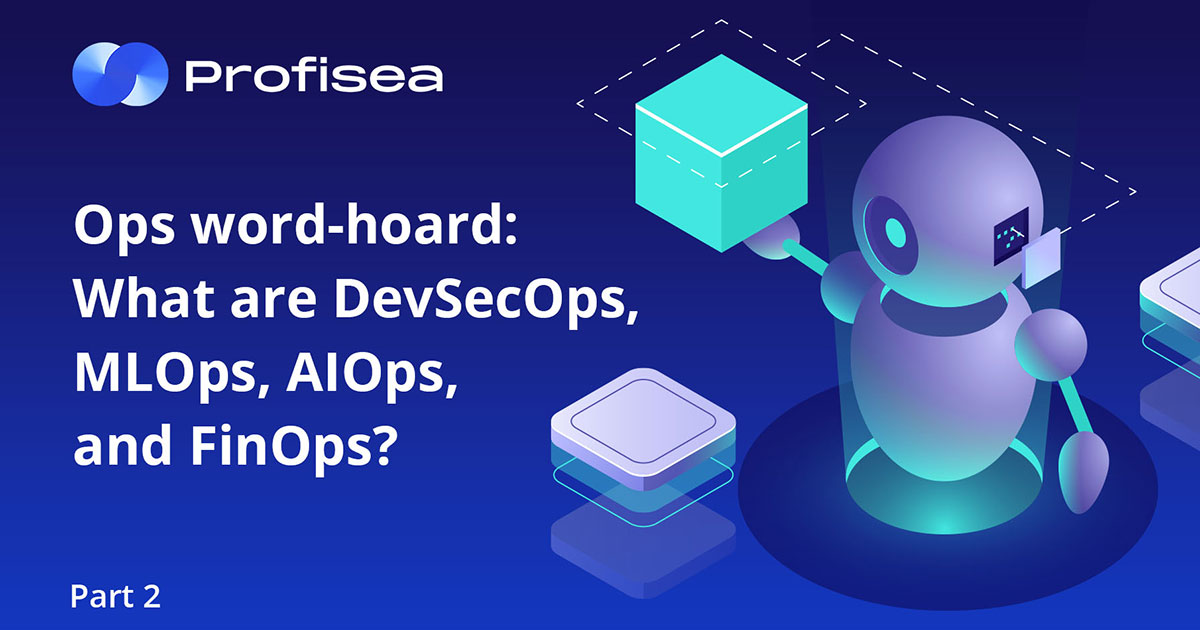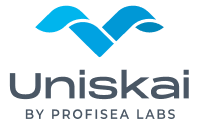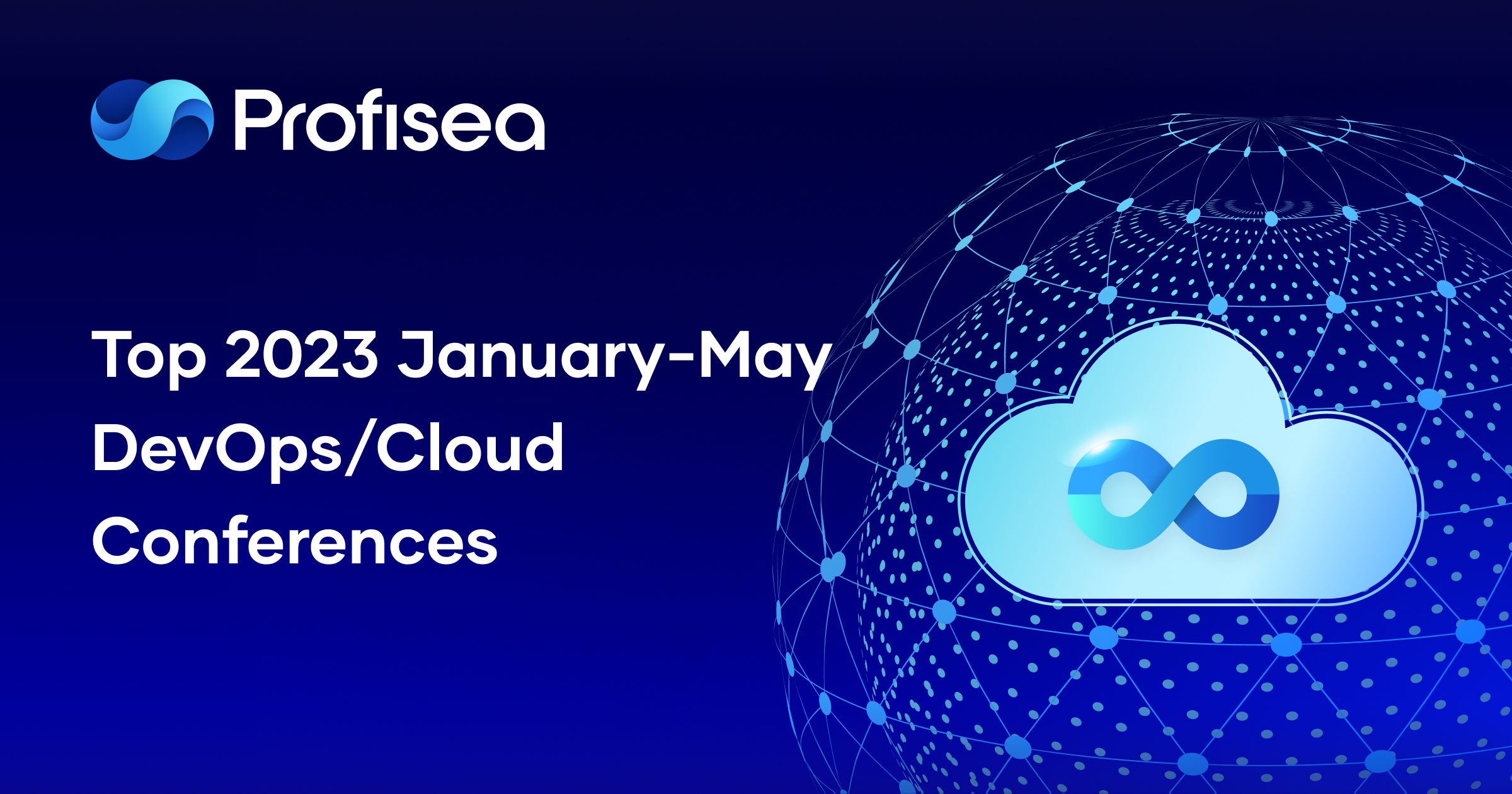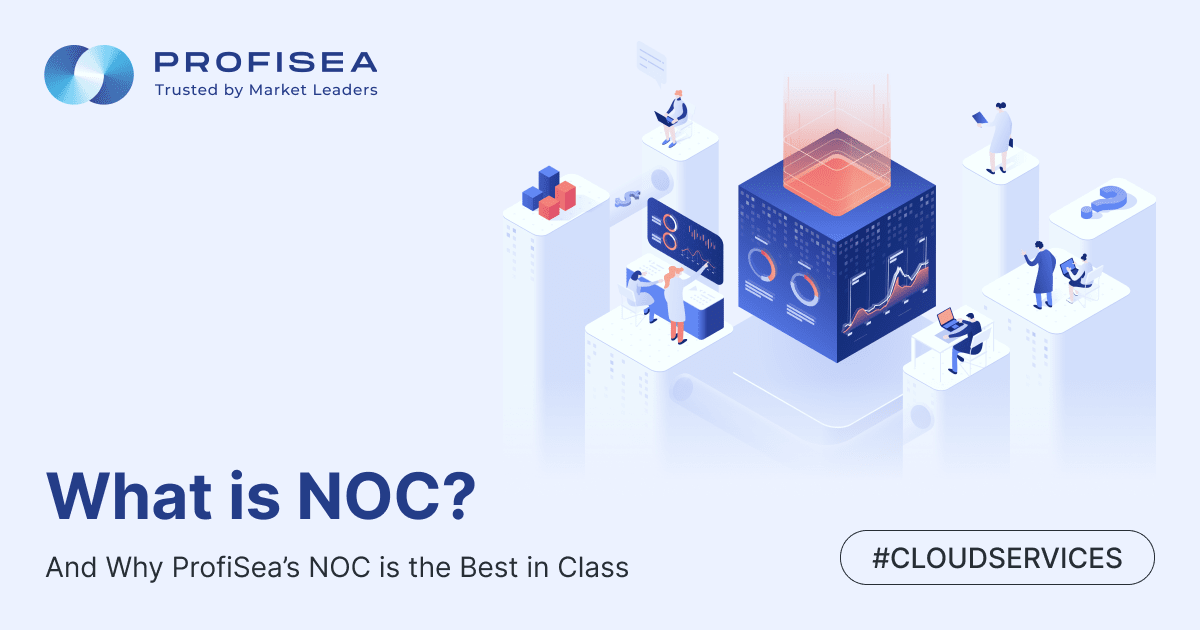Ops word-hoard: What are DevSecOps, MLOps, AIOps, and FinOps?
Terms related to operations keep popping up, causing frustrating confusion in the circles of IT experts, managers, and IT business owners. In Part 1 of our Ops word-hoard, we discussed ITOps, DevOps, CloudOps, and NoOps terms inching closer to your understanding of the trendiest Ops terms. And today, we will continue progressing throughout our learning process, unlocking the most business-growth appealing Ops terms — DevSecOps, MLOps, AIOps, FinOps, and try to take a closer look at how they relate to each other.
What is DevSecOps?
In 2022, a majority of GitLab respondents (47%) pointed out that DevOps or DevSecOps was their methodology of choice, which is 11% up from the last year, highlighting
the tendency of these Ops to increase. Let’s focus on DevSecOps here since DevOps was the center of our attention in the first part of our Ops thesaurus block.
DevSecOps combines development, security, and operations. It’s an approach to culture, automation, and platform design that considers security a shared responsibility throughout the entire IT lifecycle. The DevSecOps model requires security as part of the software development lifecycle rather than just before the software is released.
DevSecOps focuses on:
- Implementing security throughout the SDLC to minimize vulnerabilities
- Ensuring that the entire DevOps team shares responsibility and leverages security best practices
- Integrating automated tests into each software delivery stage using security controls and tools in the workflow
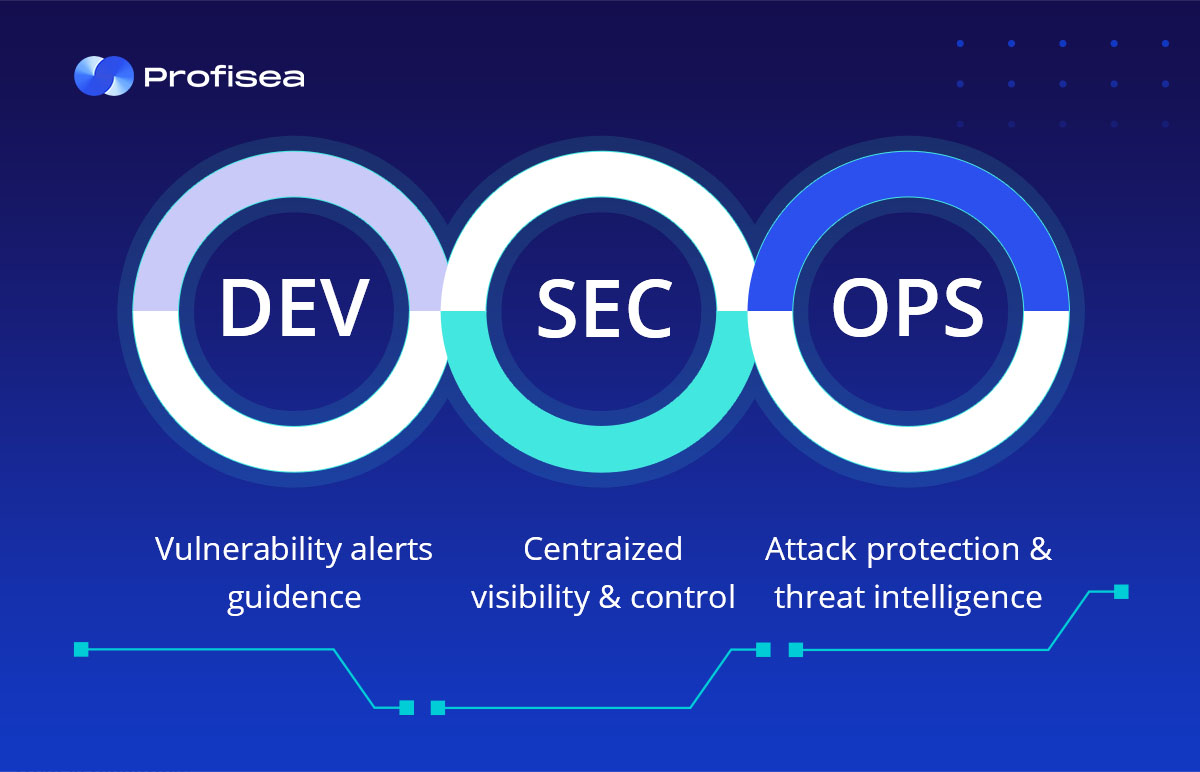
To summarize, DevSecOps brings an aspect of security to every development process cycle. Here is why it can benefit organizations that require a high level of protection. While it’s still a developing concept, over 53% of security pros report their teams have shifted left (i.e., moved security earlier in the development process), according to the GitLab 2022 Global DevSecOps Survey.
What are MLOps and AIOps?
Are you thinking of heading to the AI (artificial intelligence) age? It is an excellent idea! According to an ARK study, by 2030, the revenue of AI software companies will grow to $14 trillion. According to the Wall Street Journal, the Global Machine Learning Market is expected to expand at 42.08% CAGR during 2018–2024. BusinessWire says 91.5% of leading businesses have ongoing investments in AI for a good reason. The estimated improvement in business productivity by using AI is 54%, and 44% of organizations using AI reduced business costs, according to McKinsey.
Since organizations are constantly collecting/creating data, they need to organize and analyze a vast amount of it intelligently. Unfortunately, old-school data processing solutions can’t handle the amount of data generated, and this is where machine learning and artificial intelligence come to the rescue.
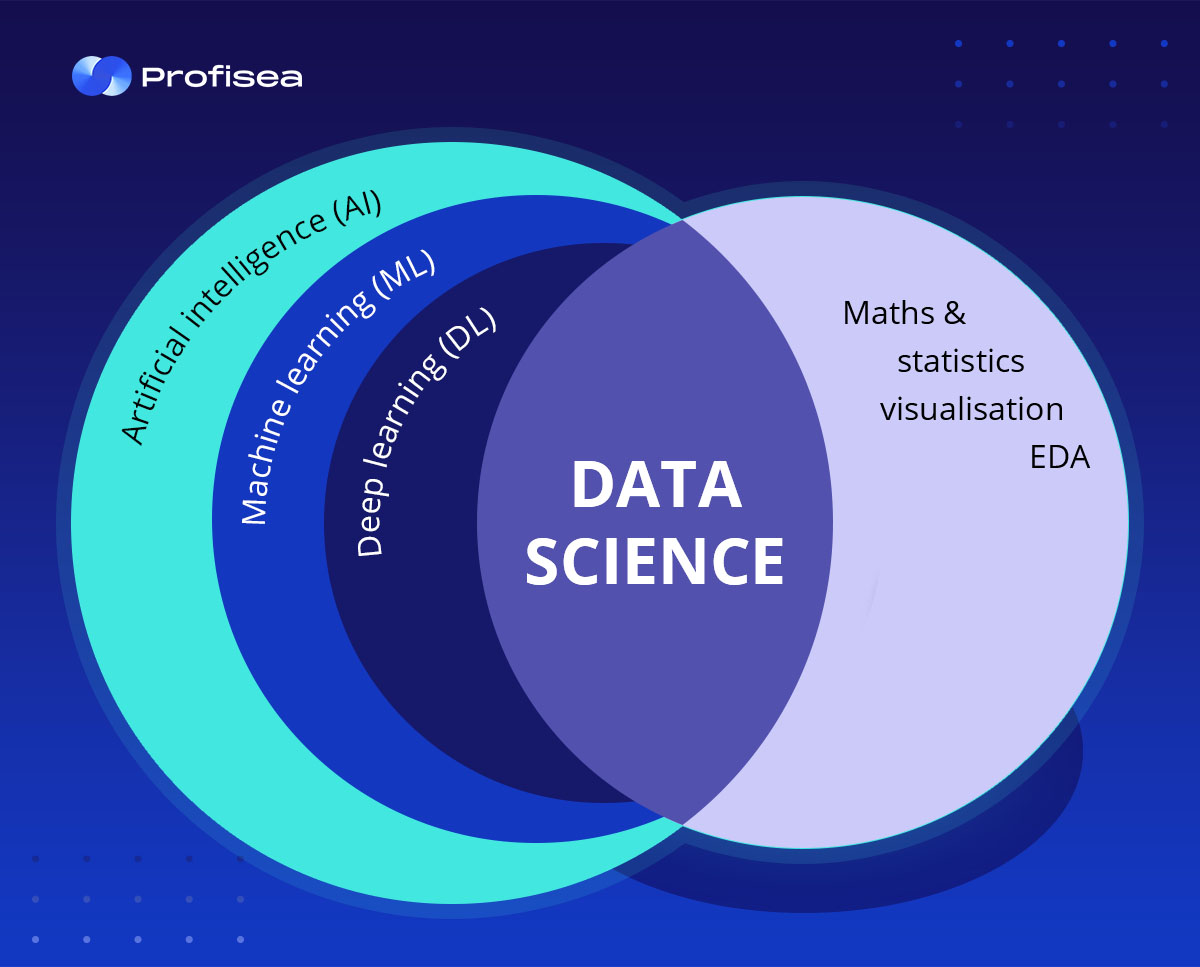
MLOps/AIOps brings CI/CD and infrastructure auto-provisioning to machine learning and other AI model learning algorithms. These new techniques provide visibility into vast data pools, automatically providing insight into problems, their root causes, and solutions to fix them. It’s especially appealing in the DevOps arena because both AIOps and MLOps-wrapped platforms offer the transparency and automation needed to speed up processes and reduce inefficiencies.
For example, we can indeed talk about the increasing role of AI/ML models in test automation. 2022 showed dramatic improvement in test automation using AL/ML: 37% of
teams use AI/ML in software testing (up from 25%), and a further 20% plan to introduce it this year. Another 19% plan to roll out AI/ML-powered testing in the next two to three years.
In a broader sense, artificial intelligence and machine learning are firmly embedded in many DevOps teams today. As many as 62% practice ModelOps, 51% use AI/ML to validate code, 40% use “bots” or different AI/ML models to test their code, while only 5% have no plans to include AI/ML in their DevOps practices, according to the GitLab report.
What is FinOps?
FinOps, as a culture shift, like DevOps, encourages organizations to manage development costs better and implement the right cost optimization solutions throughout the organization. Why is it crucial? Cloud cost optimization is the top cloud challenge, outpacing migrating more workloads to the cloud for the sixth year. Flexera estimated that in 2022, 32% of annual cloud spending is wasted on idle or underutilized resources. The ultimate decision lies in building a cross-functional team that closely monitors spending and leveraging innovative cloud-based management platforms where organizations gain visibility into spending and performance to make better decisions.
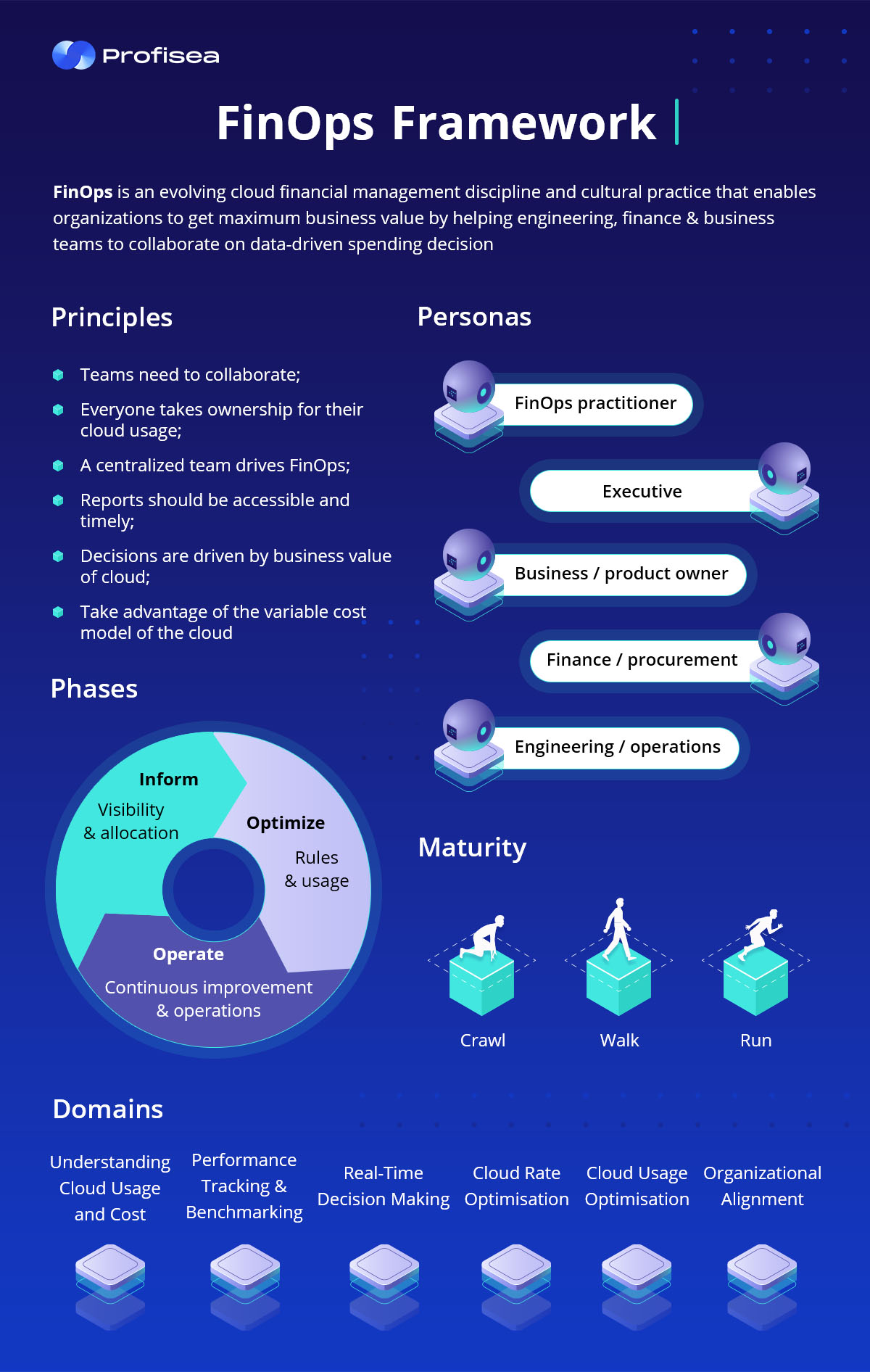
How do DevOps and FinOps differ? Experts talking about DevOps mostly mean a cultural shift that unites software development and IT operations in one seamless workflow.
However, DevOps is mostly the approach to streamline, optimize and automate the software development life cycle (SDLC) to produce, field, and support top-notch products at high velocity. FinOps (cloud financial management), at the same time, focuses on the cost and performance efficiency of cloud usage across the business. Nevertheless, these two methodologies have more in common than you think. FinOps is not only about saving money. FinOps is also about making money to eliminate blockers, empower engineering teams to deliver better features, applications, and migrations faster, and ensure cross-functional investment discussion. Although FinOps is a relatively new discipline, it is now becoming mainstream, especially in large enterprises, where FinOps team sizes have grown by 75% in the last 12 months.
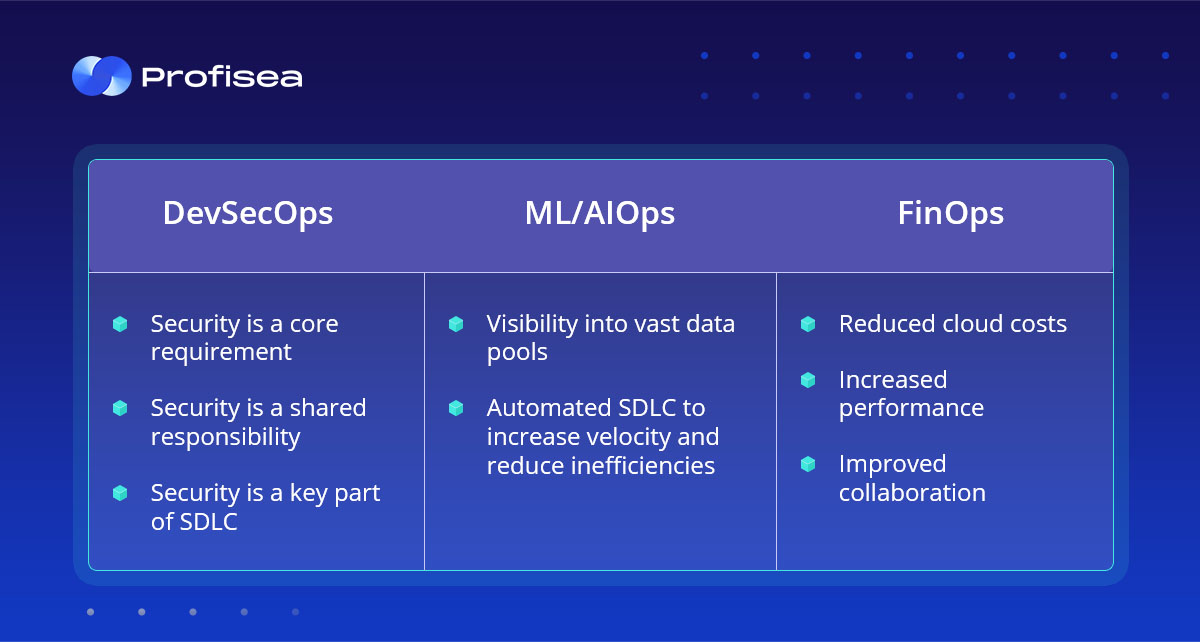
DevSecOps, MLOps, AIOps, and FinOps describe, at first blush, contrasting approaches to meet (hopefully exceed) an organization’s IT needs and bring IT teams together. Each has specifications, and enterprises can adopt them considering their priorities.
We do not halt telling about new cloud terms, so fresh thesaurus-kind articles are about to emerge. If you have any Ops-related questions, please don’t hesitate to contact us for a
consultation.
